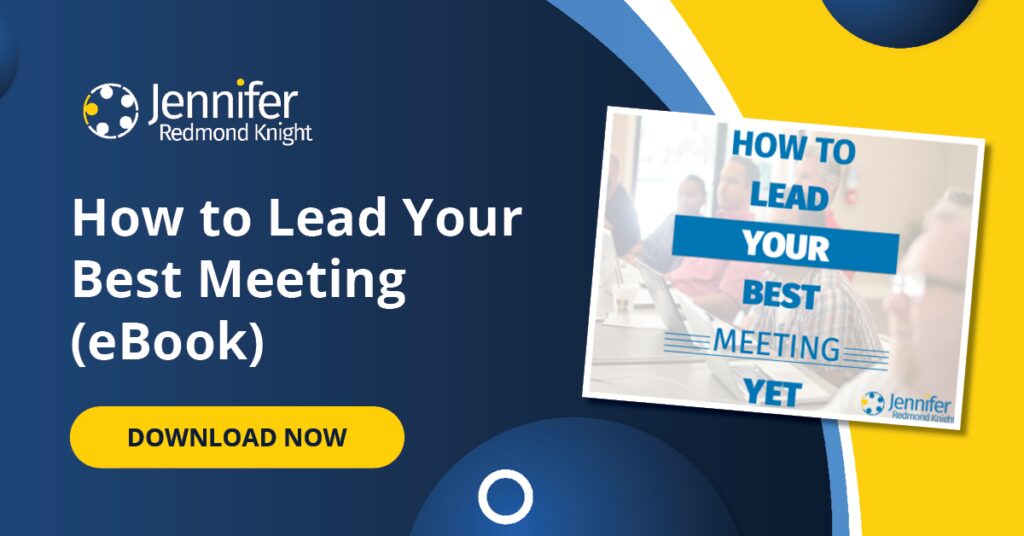When we bring diverse partners together to work toward a common cause, one of the benefits of the gathering is to garner multiple perspectives on a topic, issue or project. While this may seem like an easy thing to do, we have to provide an atmosphere where participants feel comfortable sharing their viewpoints even if they differ from others. A guiding principle that sets the expectation for diverse perspective sharing is: Speak honestly and openly. If we want to grow, learn and meet the needs of our constituents, we need to be able to speak honestly and openly during meetings. In order to create an environment where people can speak honestly and openly, we have to be intentional. Join me this week for three ways to create an atmosphere where participants can speak honestly and openly.
Build trust.
In our coalition and partnership-building work, we are focused on building and maintaining relationships. In order to build relationships, we have to create opportunities to build trust. This happens individually and collectively over time. While some people are more naturally “trusting” or “distrusting” than others, we all have the opportunity to build trust among our partners and colleagues. In Stephen M.R. Covey’s book, Smart Trust, he explains that smart trust happens when we combine choosing to trust with analyzing the situation and people involved. When working with our partners, we can practice the principle of both Believing the Best and observing the character and competence of the people we are working with at the same time. As we practice being trustworthy and creating trust-building opportunities in our groups, we have a platform for people to speak honestly and openly. Another great resource on building trust is Patrick Lencioni’s, Five Dysfunctions of a Team. The first and foundational dysfunction is “Absence of Trust.” Without trust, we will struggle with speaking honestly and openly and working together as a team.
Set the example.
When leading a meeting or a group, the best way to get others to speak honestly and openly is to practice doing it yourself. Early in my coalition-building career, a close friend and colleague and I traveled to several coalition leaders to host listening sessions. During these conversations, we spoke honestly and openly and encouraged them to do the same. We heard key themes from the conversations and during the next overall coalition meeting, I presented those as challenges facing the coalition. Although no one had previously felt comfortable sharing their perspectives in the larger group, once I opened the conversation, the participants joined in speaking honestly and openly as well. As leaders and meeting facilitators, we practiced speaking the “elephant in the room,” which provided a safe space for others to speak their honest perspectives even if they differed from what had been discussed previously.
Honor diverse perspectives.
Whether you are formally leading or actively participating, you have an opportunity to honor diverse perspectives. I am currently teaching an online class that includes small group discussions. As part of my grading rubric, I include specific guidance on what it means to honor diverse perspectives. Students are expected to acknowledge and affirm one another when they demonstrate the courage to speak honestly and openly. They are encouraged to share their perspective, lived experience and understanding of the material and to think critically about how to apply the information. When we host meetings and we want participants to speak honestly and openly, we need to actively honor diverse perspectives. This can be a simple “Thank you for sharing your perspective.” or “I am really glad you brought up that point. We had not yet considered the impact of that decision and this will help the group make a better decision.” As you intentionally honor diverse perspectives, you will create opportunities for participants to speak honestly and openly. Although this can sometimes be challenging because you will also need to navigate conflict, the project and product will be stronger and you will have more ownership from your coalition overall.
What about you? Which of these three ways do you practice to encourage participants to speak honestly and openly? Any others?
If you would like more support in leading meetings and practicing these and other principles, check out my free e-book, How to Lead your Best Meeting.

Photo by Matthew Osborn on Unsplash
